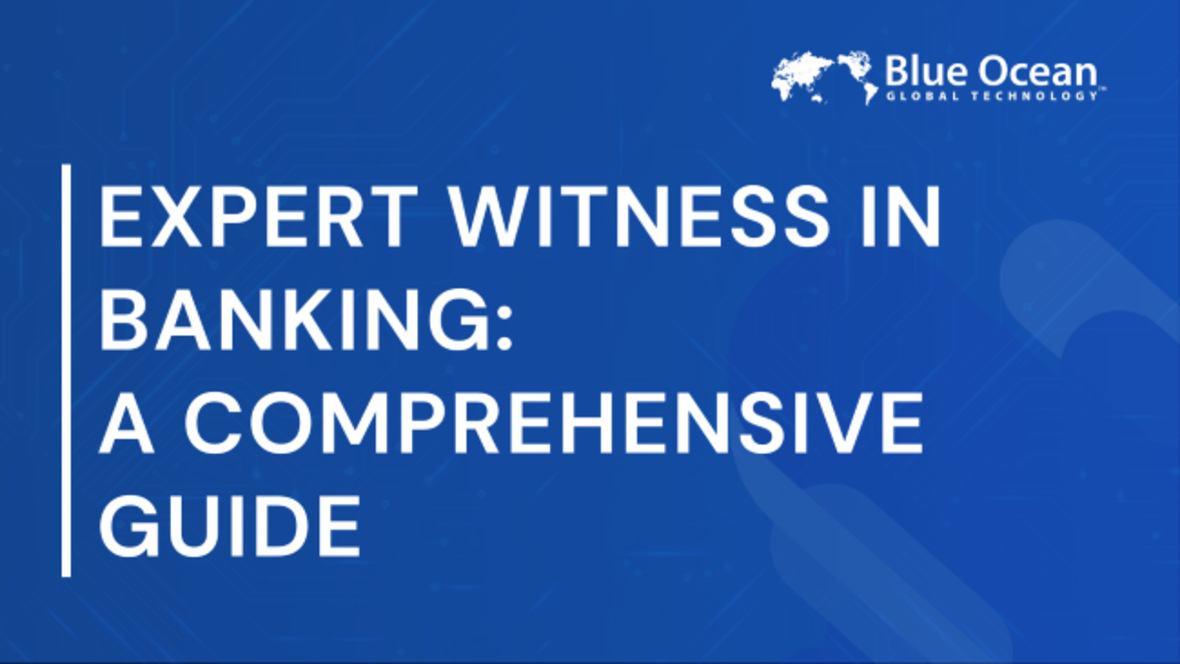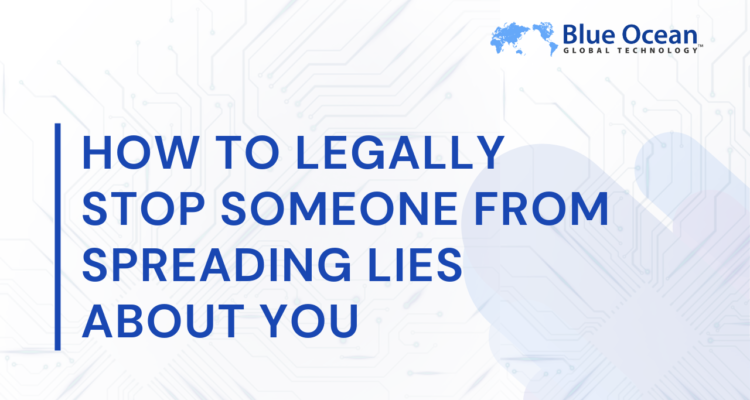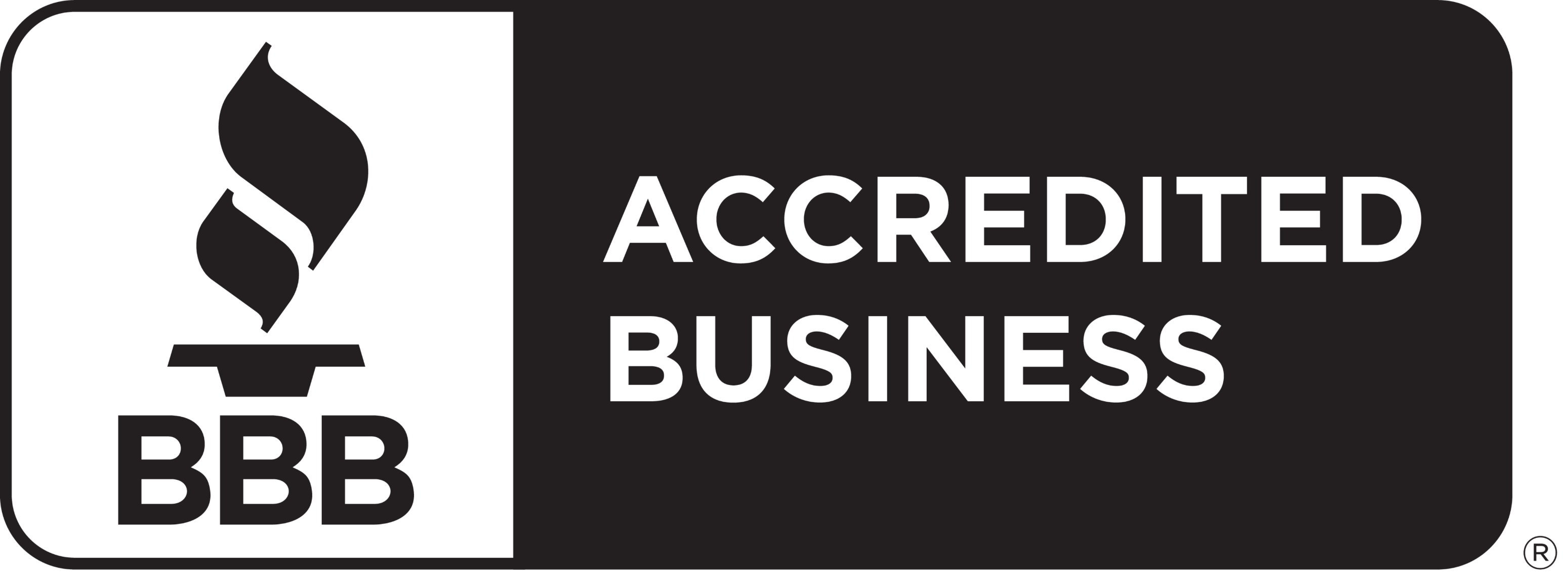Overview:
- A bank expert witness provides expert opinions on banking operations, financial transactions, and regulatory compliance in court cases.
- Their key roles include analyzing financial records, issuing reports, and testifying in trials to explain complex banking issues.
- They are crucial in cases involving fraud, lending disputes, regulatory violations, and bankruptcy proceedings.
- Important qualifications include certifications like CFA, CPA, CFE, and CAMS, ensuring expertise in financial regulations.
- Costs vary, with hourly rates between $300–$1,000 or fixed case fees up to $50,000. Challenges include legal scrutiny, credibility concerns, and simplifying technical financial data for jurors.
- Case studies, such as the Lehman Brothers collapse, highlight their role in major financial litigation.
- Selecting the right expert based on credentials, experience, and reputation is essential for a strong legal case.
A court witness accounting expert for bank operation is a bank expert witness. They provide authoritative opinion in courts, examine transactions, and interpret finance acts. Unlike financial advisers, they focus on legality and legal battles. Also, they are distinct from forensic accountants, who specialize in criminal financial investigation. TThis guide covers what a banking expert witness does, when they are needed, key responsibilities, and how to hire one for financial litigation.
A Banking Expert Witness: Who are They?
A banking expert witness is an expert who has extensive knowledge regarding banking standards, financial transactions, and regulations. Their key function is to prepare reports, expert opinion, and testify in court for the benefit of legal teams. Analyzing transaction data, loan agreements, and financial records are some possible functions. Preparing expert opinions that specify whether a financial institution or bank has complied with legal and regulatory standards. They testify in court to explain financial principles and defend their conclusions.

What are the Three Most Important Duties of a Bank Expert Witness?
1. Analyzing Banking Records and Financial Transactions
A bank expert reviews banking policies, loan contracts, and financial statements. He detects unethical banking practices, illegal transactions, and regulatory infractions.
2. Issuing Written Reports and Professional Opinions
Experts write comprehensive reports concluding their opinions. In bankcases, they are crucial pieces of evidence.
3. Testifying in Trials and Depositions
Sworn testimony from banking experts explains complex financial issues in plain terms that jurors and judges can comprehend.
When Is a Banking Expert Witness Required?
When technical banking expertise is required in financial conflicts, banking expert witnesses play an important part. Financial statements may be affirmed or disproved by their presence. Generally, the below are some important situations where their services might be necessary:
- Deciding if fraudulent transactions were executed is the purpose of banking fraud cases.
- Lending Disputes: Examining loan terms and potential evil deeds by lenders.
- Regulatory Blunders: Evaluating adherence to banking and financial rules.

Financial Services Litigation Expert Witness
In sophisticated financial cases, especially fraud and securities cases, a financial services expert witness offers essential information. These experts examine financial misconduct in fraud cases, including Ponzi schemes, insider trading, and investment frauds. They analyze financial records, trace suspicious transactions, and identify if fraud has occurred. Their knowledge aids judges to establish guilt and comprehend fraudulent fiscal practices.
Ace your next banking case.
Complex issues need detailed solutions. We are here to help you find the right finance expert for your case.
What is the Role Played by Bankruptcy Expert Witnesses in Financial Cases?
During financial issues, insolvency, and restructurings, a bankruptcy expert witness helps courts.In debt restructuring, they evaluate financial health and advise repayment schedules that balance creditors’ and debtors’ interests. Accounts are scrutinized in insolvency cases to identify whether or not a business is legally insolvent and must be seeking bankruptcy. Additionally, they examine wrongful transfers, identifying improper asset transfers intended to conceal money for creditors prior to filing for bankruptcy. Their knowledge guards against money laundering and ensures equitable bankruptcy proceedings.
Regulatory and Compliance Issues Requiring Expert Opinion
To establish responsibility and failure in compliance, regulatory offenses frequently necessitate expert witness testimony. Key areas include:
Measuring the extent to which banks were complying with regulations
This is meant to prevent money laundering from occurring. It is also known as anti-money laundering (AML) compliance.
SEC Investigations
Providing testimony in legal proceedings involving financial law violations about finance.
Breach of Federal Reserve
Checking for compliance with central banking regulation.

Banking and Financial Services Expert Witnesses
Securities, investment, and insurance are just some of the many financial matters dealt with by a financial services expert witness. Specifically, a Banking Expert Witness is an expert specializing in fraud, lending, and banking law cases. They provide expertise on legal issues concerning banks.
Things to Look for When Hiring a Banking Expert Witness
Following are key factors attorneys to consider when choosing a financial expert witness or how to find an expert witness. A well-presented case has the highest probability of success when the right expert is selected. Qualifications of banking expert witness should be in areas of banking, finance, or law. Second, verify their experience by examining their past case history and banking lawsuit experience. Verifying their certifications is also vital to ascertain they have accepted certifications that confirm they are skilled in financial legislation. Lastly, conduct research on their reputation to ensure their reliability and court performance.
What Experience and Certifications Are Needed to Be a Banking Expert Witness?
Banking professionals must possess qualifications attesting to their finance and regulation expertise. Financial markets and investment analysis are the specialty of a Chartered Financial Analyst (CFA). A Certified Public Accountant (CPA) is an expert in accounting regulations and financial reporting. Financial fraud examinations are the primary interest of a Certified Fraud Examiner (CFE). Financial crime and AML compliance are subjects of expertise for a Certified Anti-Money Laundering Specialist (CAMS). In financial litigation, such a credential ensures competence and credibility.

How Much Does a Banking Expert Witness Cost?
The expert witness salary can vary significantly based on experience, specialization, and the complexity of the case.
Hourly Fees: Experts bill $300 to $1,000 an hour.
Case-Based Fees Certain experts charge a fixed fee between $5,000 and$50,000 per case.
Testimony Fees: Extra fees may be imposed for depositions and court testimony.
Expert Testimony Process in Banking Litigation
There are a number of steps that go into providing expert witness in bank cases. The expert starts by analyzing the case, reading through related documents and banking information. They then draft a report detailing their findings to be presented in court. Before trial, they then provide sworn testimony under their deposition testimony. The expert then presents and defends their findings under cross-examination in trial testimony.
What are the Challenges Banking Expert Witnesses Face?
Banking expert witnesses encounter a range of challenges. Since their testimony is generally questioned during cross-examinations, legal scrutiny is typical. In case the expert is biased or inexperienced, they could face issues regarding credibility. To grasp the technical information, jurors and judges must also translate complicated financial information into simple terms.
Case Studies: Banking Expert Witnesses in Action
The Lehman Brothers collapse
One of the biggest financial collapses in history occurred in 2008 when Lehman Brothers failed. Bank expert witnesses played a crucial part in determining why the company collapsed. The use of mortgage-backed securities (MBS) and collateralized debt obligations (CDOs), which dominated the rise to prominence at Lehman as the main driver behind its bankruptcy, was reviewed in particular. Such sophisticated securities were traced from the subprime mortgages, whereupon their disintegration led a chain reaction in turn causing the bankruptcy of Lehman.
Regulators examined how Lehman Brothers used aggressive accounting techniques, such as “Repo 105” deals, to temporarily conceal the actual financial condition of the firm and overstated the risks involved in such instruments. Banking professionals testified regarding the bank’s misuse of leverage, overvaluation of assets, and failure to follow sound risk management techniques.
Judges and regulators were better equipped to appreciate how the actions of Lehman caused the financial crisis following their evidence. These findings were of monumental significance in subsequent legal cases and regulatory investigations looking to hold banks liable for their role in the crash.
Conclusion: Selecting the Right Expert Witness
Correct choice of a banking expert witness in financial litigation matters is extremely critical. Their testimony on bank regulation, regulatory compliance, and fraud matters can substantially impact court ruling outcomes. Best possible expert to present the case is assured through rigorous scrutiny of their qualifications, background, and reputation.
Frequently Asked Questions
1. What is the role of an expert witness?
An expert witness is called upon by the courts to offer their professional testimony in certain matters. Expert witnesses specialize in different areas of law, such as defamation, intellectual property law, etc.
2. Who is a banking expert?
A banking expert is an individual who is proficient and skilled in a specific field in banking. Banking experts include Chartered Financial Analysts, banking consultants, etc.
3. What is the difference between an expert witness and a technical witness?
Expert witnesses offer possible conclusions or explanations of the case at hand. On the other hand, technical witnesses help the court in identifying the correct procedures to be used. They explain the ‘how’ aspect of things in a court proceeding.
Can’t find a Banking Expert Witness?
Meet our expert team of global professionals to guide you through this journey.













